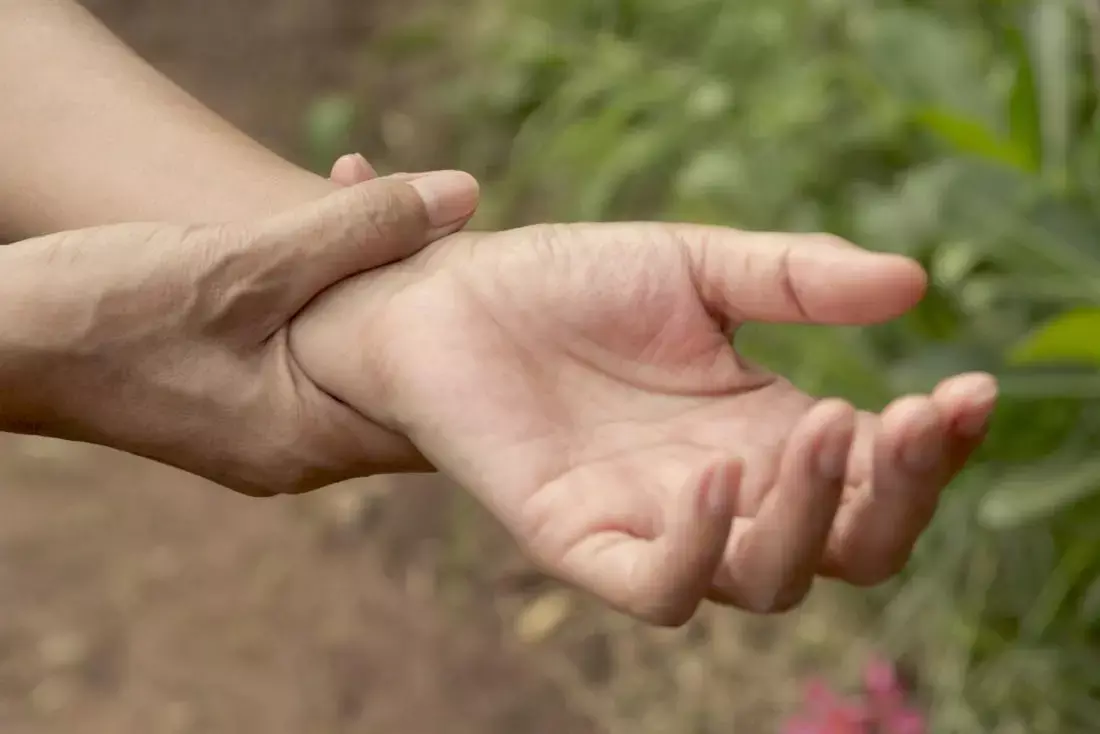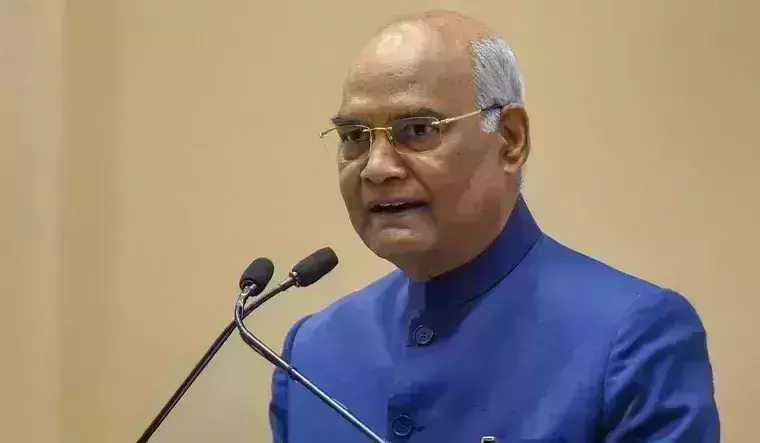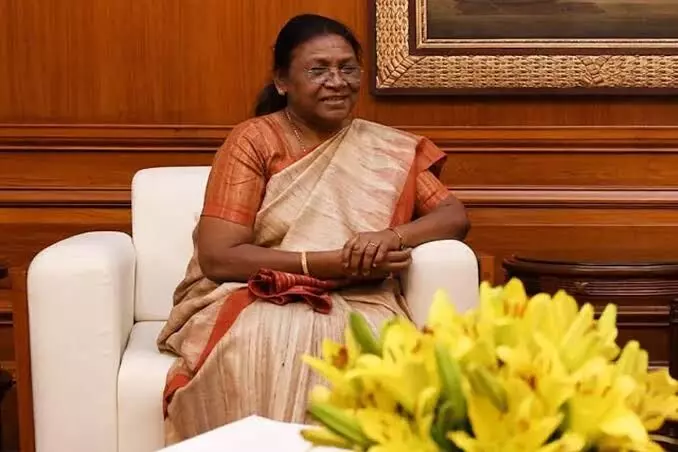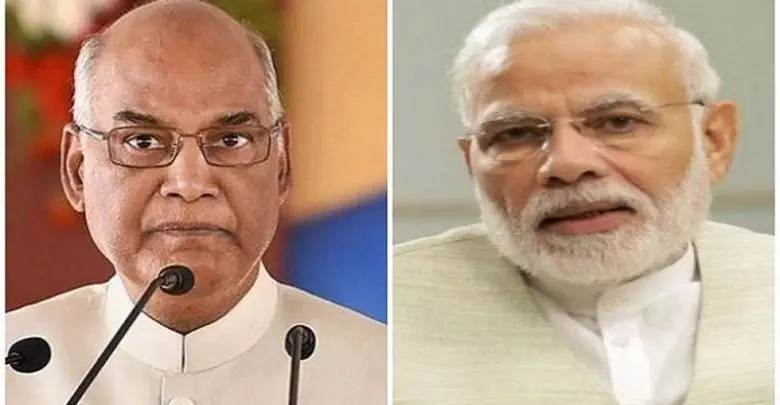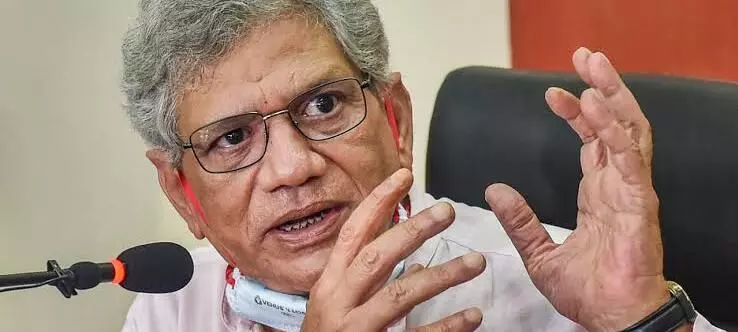
Introspection will be a virtue for the President too
text_fieldsThe farewell speech by outgoing President Ramnath Kovind, was prominently marked by its surfeit of advice and deficit of introspection. He said that parties should work above divisive politics and be focused on national interest; they should function with a vision on what is needed for people's welfare; peace and amity are crucial for national welfare. In an oblique reference to the protests in the parliament, Kovind also exhorted people's representatives to follow Gandhian principles in the 'temple of democracy'. There is no dispute that the words of the nation's supreme leader are relevant and to be observed in the democratic order. But, in parliamentary proceedings, which is the core of Indian democracy, the responsibility vested with the government is as important as with members for their behaviour. The parliament is a forum to hold the government to account, raise questions and seek answers - all for the people -; a place where everything from legislation to the budget is to be scrutinised. The former President who referred to the achievements made by 'my government', was not found recalling the role played by the anti-democratic methods of the government in lowering the status of parliamentary debates. When the government, on the strength of its brute majority, ventures to push through laws that are of crucial importance but out of sync with the spirit of the Constitution, the President as the guardian of the Constitution has an obligation to pause and give a warning.
It is true that the powers of the President are limited and he is bound to act in accordance with the advice of the cabinet. At the same time, he is bound to ensure that the Constitution is followed in letter and spirit. When that is not fulfilled, he has more than one option before him to persuade the government to rethink and make corrections. The law that diluted the special status of Kashmir was a piece of legislation, which constitutional experts had pointed out was an anti-constitutional law. The President should have been able to get it reviewed by jurists and the court. Several of Kovind's predecessors had set examples by not being pliant before governments and standing guard to the Constitution. KR Narayanan's precedent was one that demonstrated how to protect constitutional values in vitiated political situations. There are several occasions when Narayanan boldly lived true to his oath on issues like how to appoint a prime minister in a hung parliament, how to review under constitutional norms even the cabinet recommendation to dismiss a state government and impose President's rule. There were occasions when Kovind's immediate predecessor Pranab Kumar Mukherjee too performed his constitutional call as a corrective force and a warner. He spoke loud and clear about the atmosphere of intolerance that caused a mobl ynching in Dadri; and he admonished the government when it excessively resorted to the ordinance route for law-making.
True, Ramnath Kovind did not show any overt subservience to the government as was done by Giani Zail Singh or Fakhruddin Ali Ahmed. But at the same time, he has a record of signing off, with no questions asked, laws that muzzled opinions in cases that dwarfed even actions during emergency era. When the status of Kashmir was changed, and citizenship amendment act passed, he showered sky-high praise on the government. During the pandemic when people were engulfed by disasters, no one could hear the President's voice who could have alerted the government. Though his ascent to power as a member of the Dalit section, was celebrated as a recognition accorded to the down-trodden, the nation didn't see any move by Kovind against the atrocities that continued against the Dalits. Today, when a tribal woman becomes the President, that is a moment of glory and pride for the nation. At the same time, the country hopes that Droupadi Murmu will remember that it was not Kovind but KR Narayanan who acted in a manner to validate that pride. What India wishes to see from the President is not servility but leadership. Introspection will only add value to a President, as it will for any one else.






